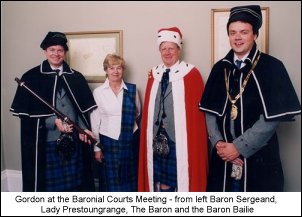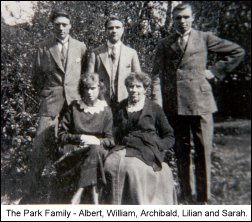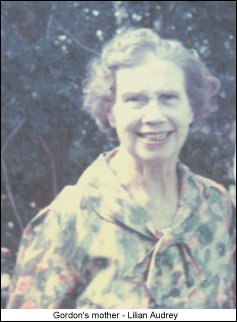The Baron of Prestoungrange
Dr. Gordon Prestoungrange
Interview by Sarah Powell
 |
Gordon Prestoungrange, Scottish Baron of Prestoungrange
as the new millennium dawns, is of a decidedly 21st-century
mould. Unlike many of his fourteen feudal predecessors, he
has neither pledged military service to his Sovereign beyond
two years as a Flying Officer in the Royal Air Force, nor
does he enjoy any especial privileges beyond the baronial
foreshore he owns on the Firth of Forth. But then, unlike
many before him, Gordon's interest in his baronial lands and
title has little to do with privilege, but much to do with
an affection for things Scottish and, specifically, for an
area of East Lothian with a colourful history where he has
maternal family roots. |
For Gordon his barony re-affirms a distinct sense of identity,
while it underpins his very personal vision of the further regeneration
of an economically disadvantaged community through a combination
of enthusiasm, hard work and creativity - characteristics notable
in Scotland through the ages. The community in question is that
of Prestonpans which is next door to the "Honest Toun of Musselburgh"
where his maternal grandparents lived at the turn of the last
century.
| Gordon's grandfather, James Park, worked at that time as
a miner in Prestoungrange Colliery. After the First World
War, as the Depression took hold, he left Scotland, moving
south as far as London to find work with his wife Sarah and
their four children, an only daughter, Lilian Audrey, and
three sons, Albert, William and Archibald (all pictured below).
Lilian Audrey settled in England, married Stanley Clifford
Wills and never returned home to the country she often spoke
so fondly of from her early life on the east coast of Scotland.
In later life she emigrated to Canada (see picture below)
with her daughter Lesley Anne and son Bryan Clifford. |
 |
Gordon was born and bred in London and Worthing, and never visited
Scotland as a child. From his mother he gained an impression of
the Scots as a resilient, self-confident nation with a distinct
identity. He was attracted by the fact that throughout history
they had consistently taken advantage of the opportunities that
presented themselves and had been extraordinarily successful and
influential in many areas of endeavour in countries around the
world.
 |
When he eventually visited Scotland for the first time,
Gordon was not disappointed. It was Christmas 1957 and he
was en route home from RAF Officer Training School at Jurby,
Isle of Man. Years later, when pondering what to do after
retirement, the opportunity arose for him to gain access to
the old feudal titles and baronial lands of Prestoungrange.
He did not hesitate.
Scottish barons retained their jurisdiction and powers much
longer than barons in England. And in their time they played
a major role in restraining the absolute powers of the Sovereign
and participating over many centuries in the Scottish parliament.
"Today, of course," explains Gordon, "the role of a Scottish
baron is almost solely titular. The linkage between land and
title has now been separated by Act of the newly devolved
Parliament. There are no powers over the locality and the
remaining estate ownership listed on the Register of Sasines
|
for Prestoungrange (the archaic spelling - today the form Prestoungrange
is more commonly used) now mainly consists of the foreshore at
Morrison's Haven and Cuthill Rocks. Much of it is under water
at high Spring tide."
|





